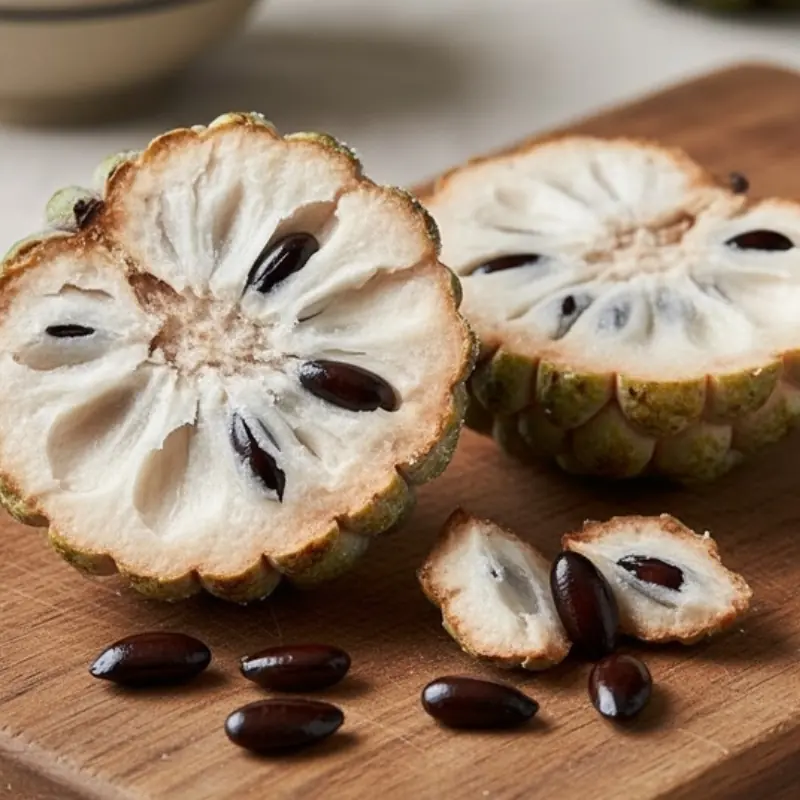
Does a scratched non-stick coating on a rice cooker cause can.cer? Expert answers

For decades, the rice cooker has been a staple in our kitchens—but could it actually pose health risks? The non-stick coating inside the inner pot is often made of PTFE, also known as Teflon—a material highly effective in preventing sticking.
Does the non-stick coating in cookware increase the risk of cancer?
Although Teflon has been widely used for a long time, it continues to raise concerns about potential risks. The most pressing question is: Does using a rice cooker with a peeling non-stick coating increase the risk of cancer?
Teflon is the trade name for polytetrafluoroethylene (PTFE), a synthetic chemical that is water-resistant and reduces friction. Since the 1940s, Teflon has been broadly applied in industries such as medicine, automotive, and is especially familiar to consumers as the non-stick coating in pots and pans, making cooking and cleaning much easier.
Concerns about cancer risks from non-stick cookware are not actually caused by Teflon itself, but by perfluorooctanoic acid (PFOA)—a chemical once used in Teflon production. Since 2013, Teflon-branded products no longer contain PFOA. Some studies suggest that PFOA may be associated with cancers such as bladder, kidney, ovarian, prostate, and testicular cancer. However, a direct link between Teflon and cancer has not been proven.
Aside from cancer risk, overheating non-stick pots and pans can release fumes that may cause flu-like symptoms (headache, chills, fever). These symptoms are usually mild and resolve within 12–48 hours. Research has also shown that PFAS (including PFOA) may be linked to increased cholesterol, liver enzyme disorders, reduced vaccine effectiveness in children, or pregnancy complications. However, modern Teflon no longer contains PFOA.
Compared to other materials—such as aluminum, copper, cast iron, or stainless steel—which also carry certain risks, Teflon-coated cookware today is considered safe when used properly and when the non-stick layer is not damaged or peeling.
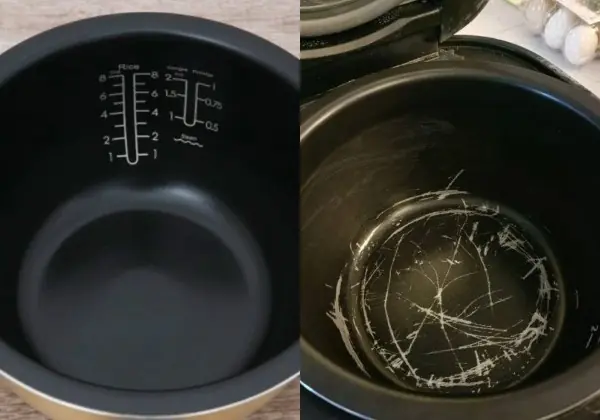
Tips for Safely Using Teflon-Coated Cookware
According to Dr. Zhou Yuhao (Beijing University of Chemical Technology, Sinopec Research Institute of Chemical Industry), users should follow three principles:
Do not use for too long: The average lifespan of the inner coating is only 1–2 years. Beyond that, peeling may occur, allowing aluminum to mix with food.
Clean gently: Avoid scrubbing with steel wool or hard materials, and do not wash immediately while the pot is still hot to preserve the non-stick layer.
Limit acidic foods: Sour foods can react with exposed metal if the coating is damaged, causing aluminum to leach into food.
News in the same category

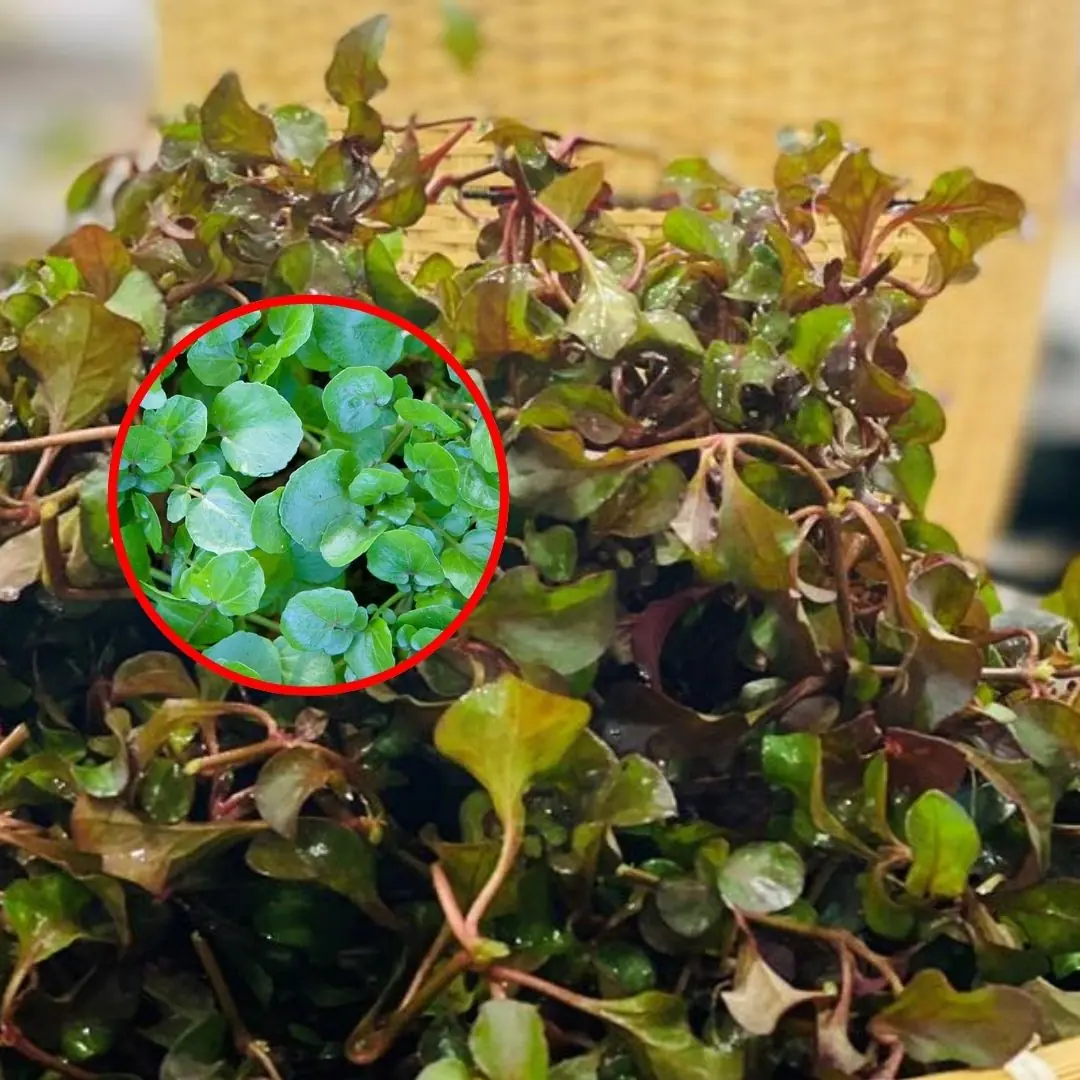
This simple vegetable hides surprising benefits, making it a must for people with heart concerns

Just 5–30 Minutes of This Each Day May Slow the Progression of Diabetes
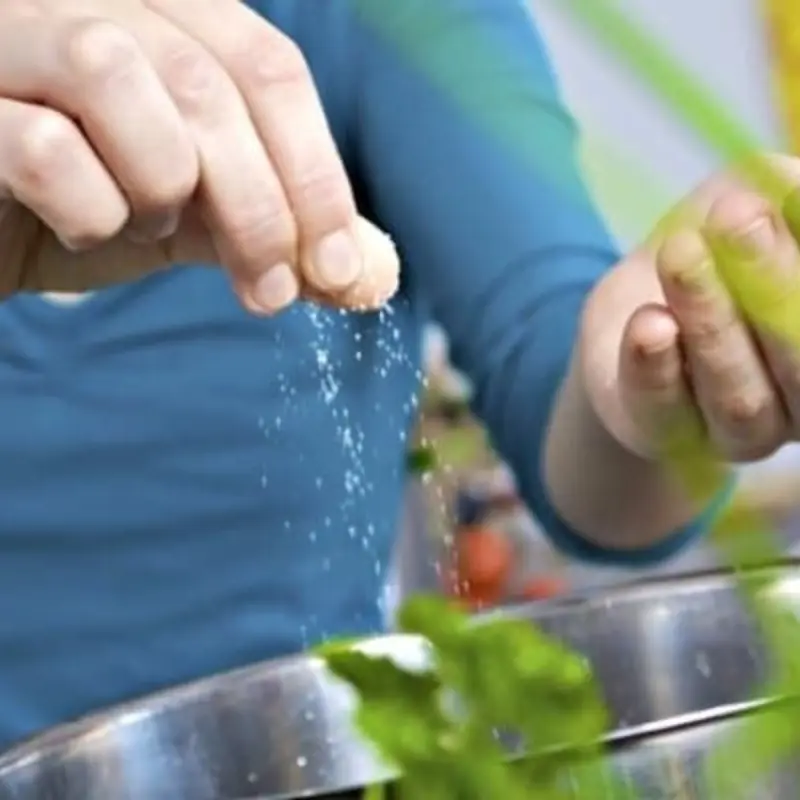
Adding Salt When Boiling Vegetables to Keep Them Green Is Actually a Mistake

Sugarcane Juice Is Refreshing, but for These 5 Groups of People, Drinking It Only Causes Harm
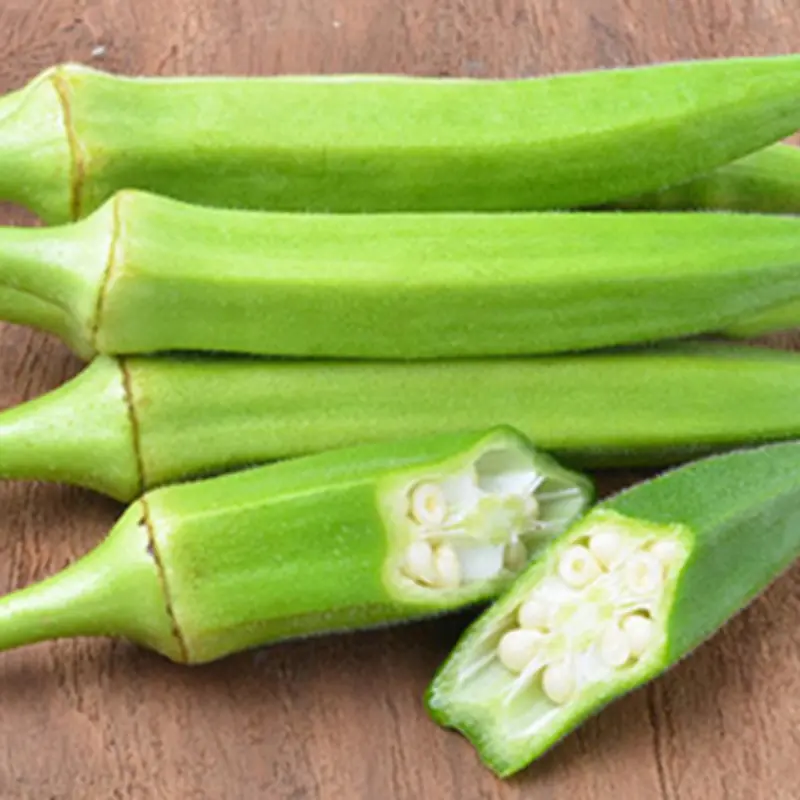
Okra Has Many Benefits, Yet These 4 Groups of People Shouldn’t Eat It

The mystery behind flight attendants and bananas on flights — the answer will shock you
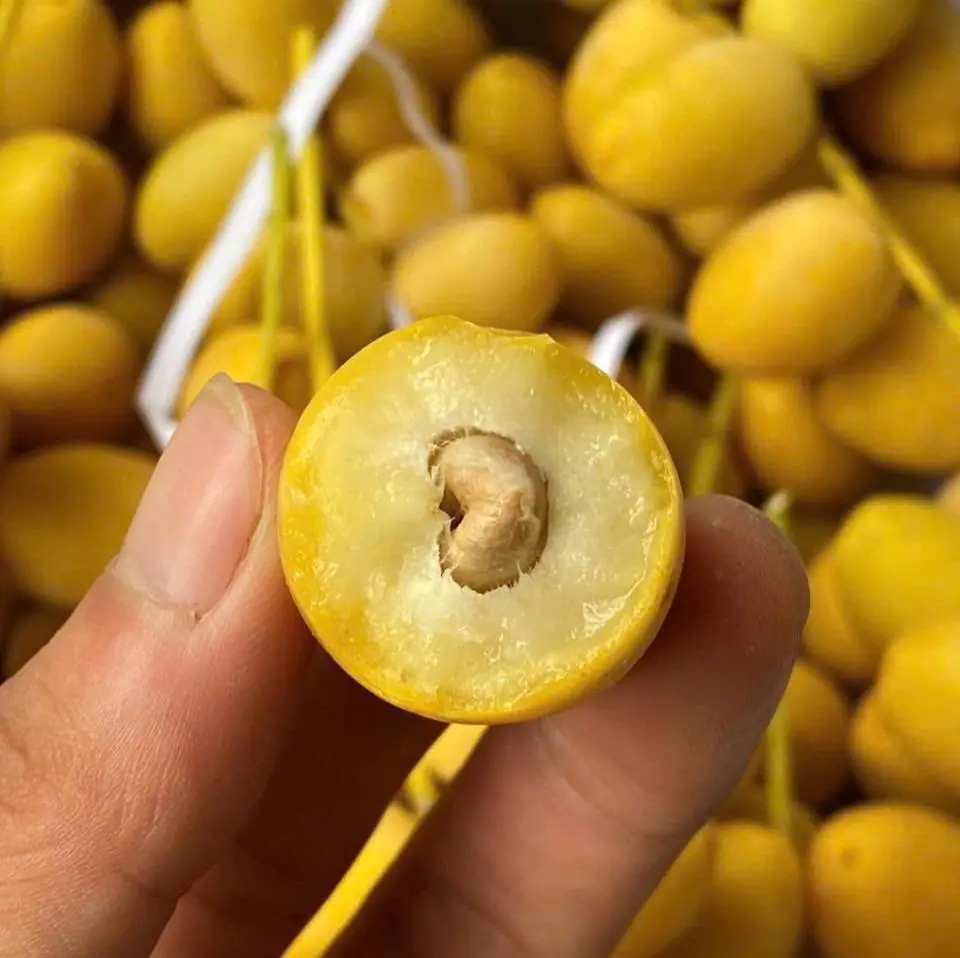
The Strange Fruit That’s Sweet When Bitten Lengthwise but Astringent When Bitten Crosswise

No Matter How Cheap It Is, Never Buy These 3 Types of Chicken Meat
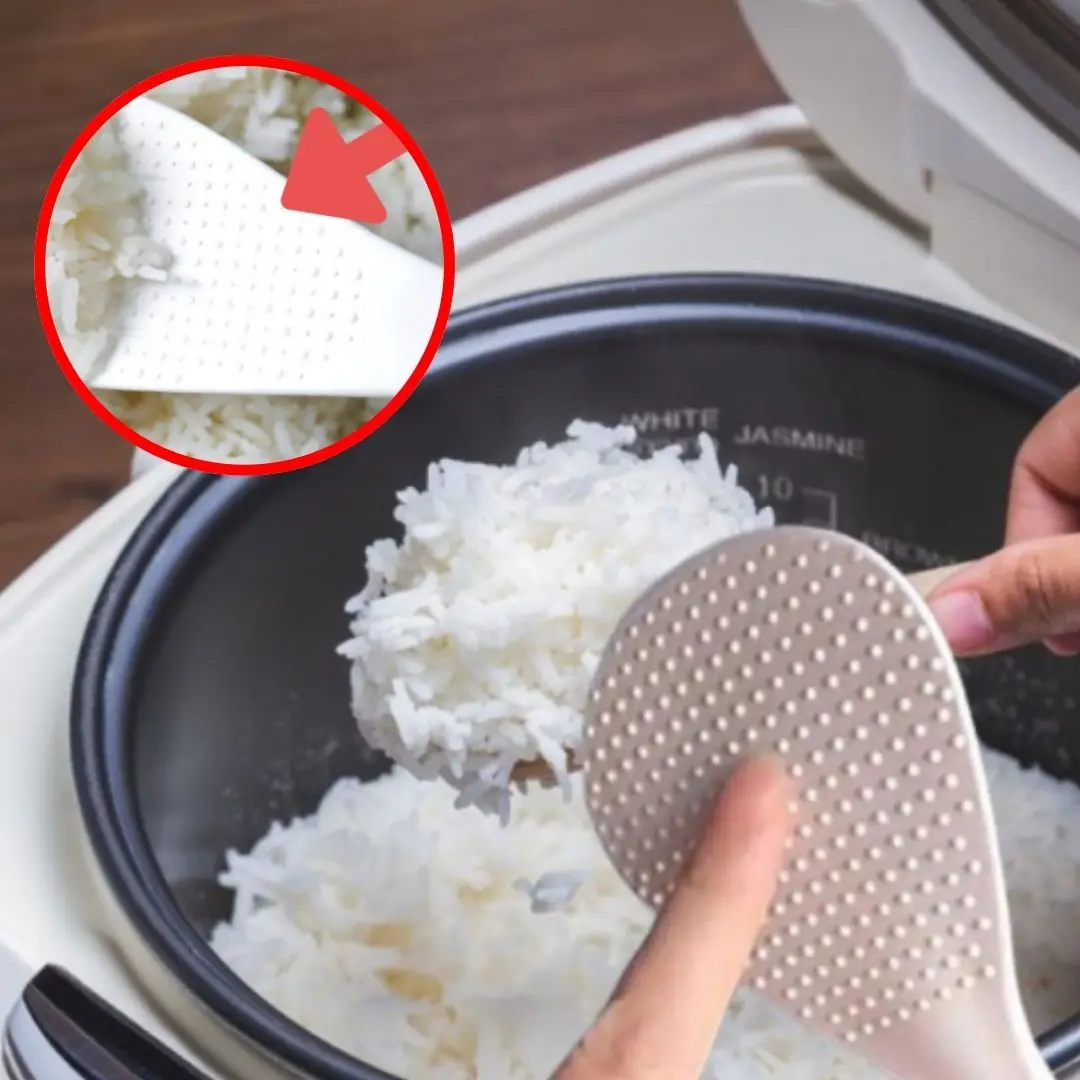
Using a rice scoop for decades, but not everyone knows what this small dot does

5-Year-Old Boy’s Sto.mach Pain Leads to Shocking Discovery
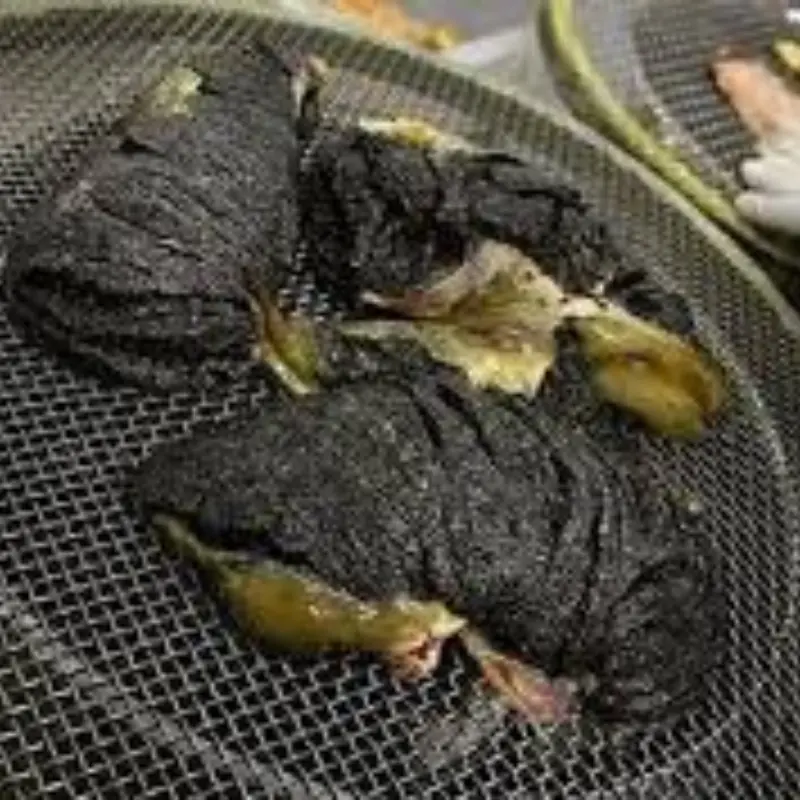
Once Used as Pig Feed, Now a Luxury Delicacy Worth $3 Million per Kilogram
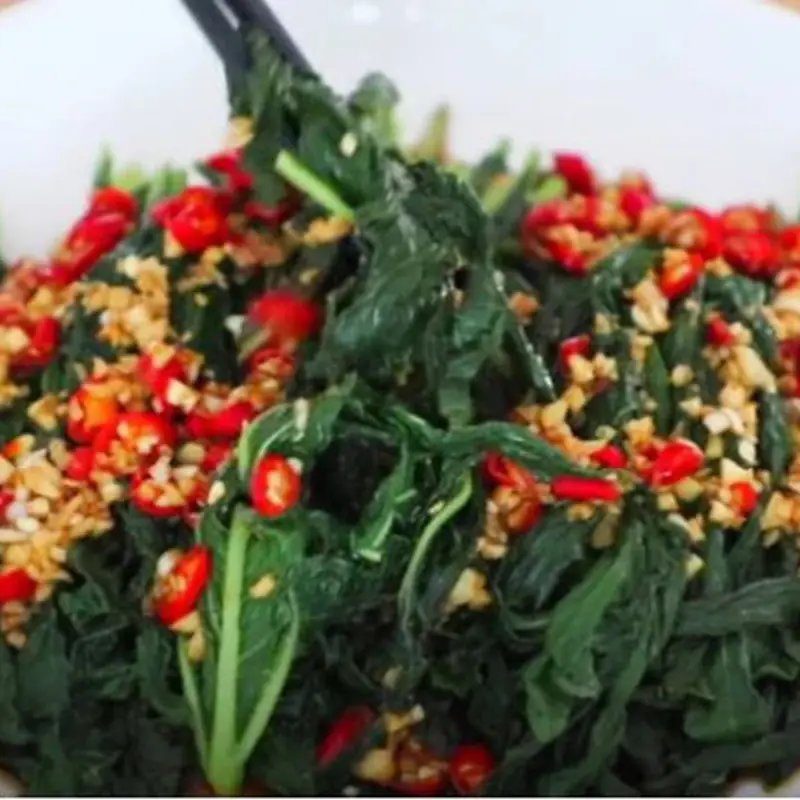
The Overlooked ‘Ginseng for the Poor’ Growing Wild in the Countryside

Strange Infected ‘Zombie’ Spiders Invade US Homes — Scientists Sound the Alarm

Woman Declared De.ad for 24 Minutes Reveals in Detail What She Experienced Before Returning to Life

The small hole in the cap of a ballpoint pen – Not for “decoration”, but for a surprising safety reason
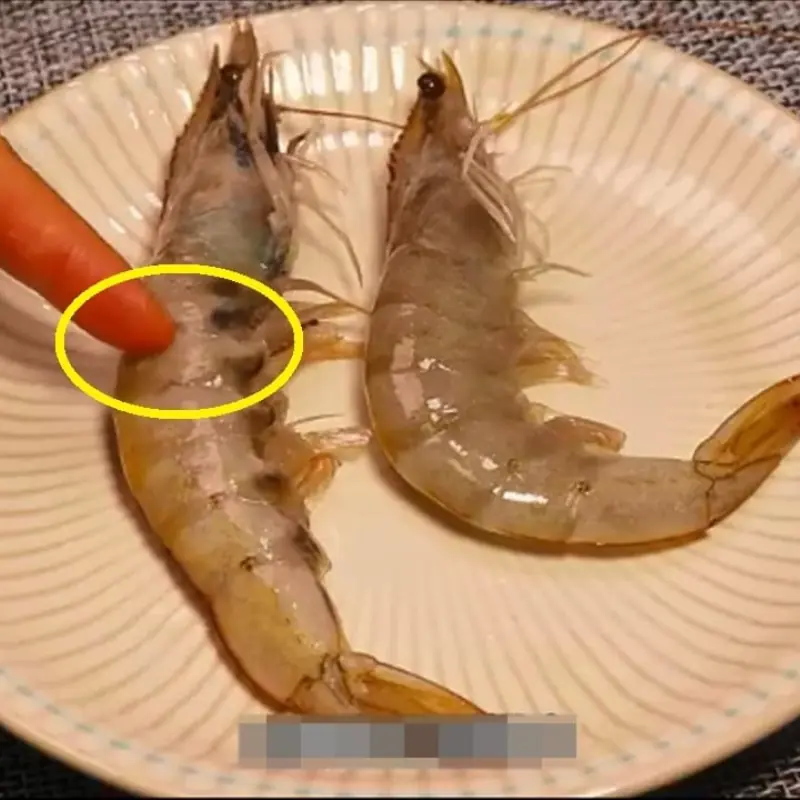
Seafood Shop Owner Warns: 4 Types of Shrimp You Should Never Buy

The hidden function of the small hole in a nail clipper
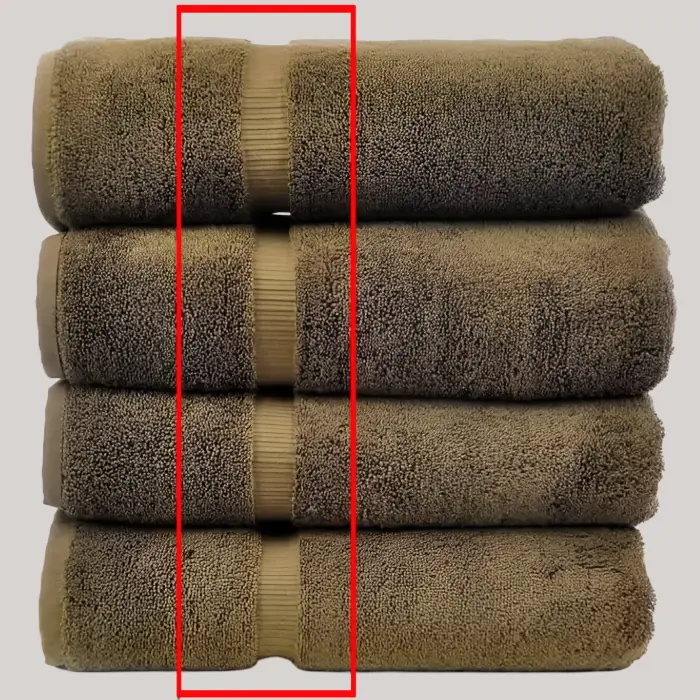
What the lines on bath towels actually mean?
News Post

Red dots on your skin: Causes and what they could mean

Top 10 foods that improve blo.od circulation in legs

War:ning: Frequent recurring posterior migraines may be a sign of a medical condition

Bladder C.a.ncer: 5 Subtle Early Symptoms to Watch Out For

When Choosing Bananas, Pay Attention to This to Get the Best Bunch

Doctor Shakes Head: 4 Popular Foods Were the Culprits

Custard Apple: Delicious and Nutritious, But Strictly Unsuitable for These People
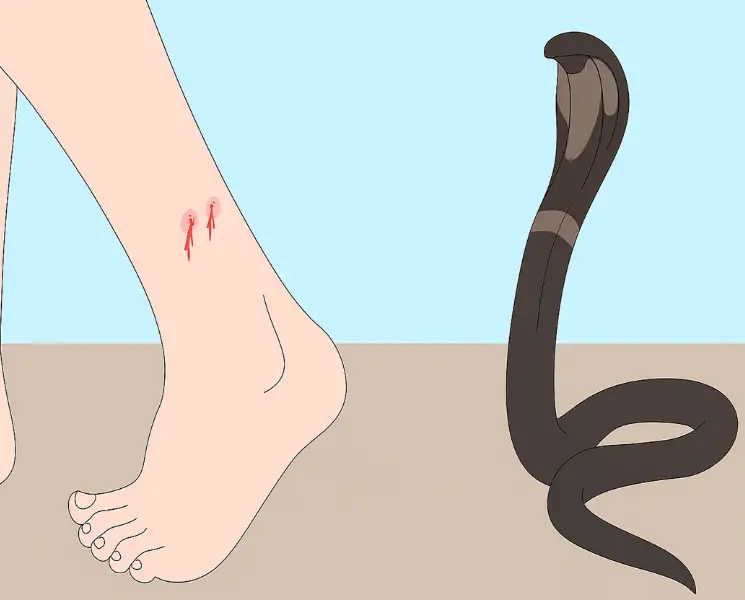
What to do immediately after a snake bi.te

Keep your liver healthy: 4 vegetables and 2 fruits you should eat daily
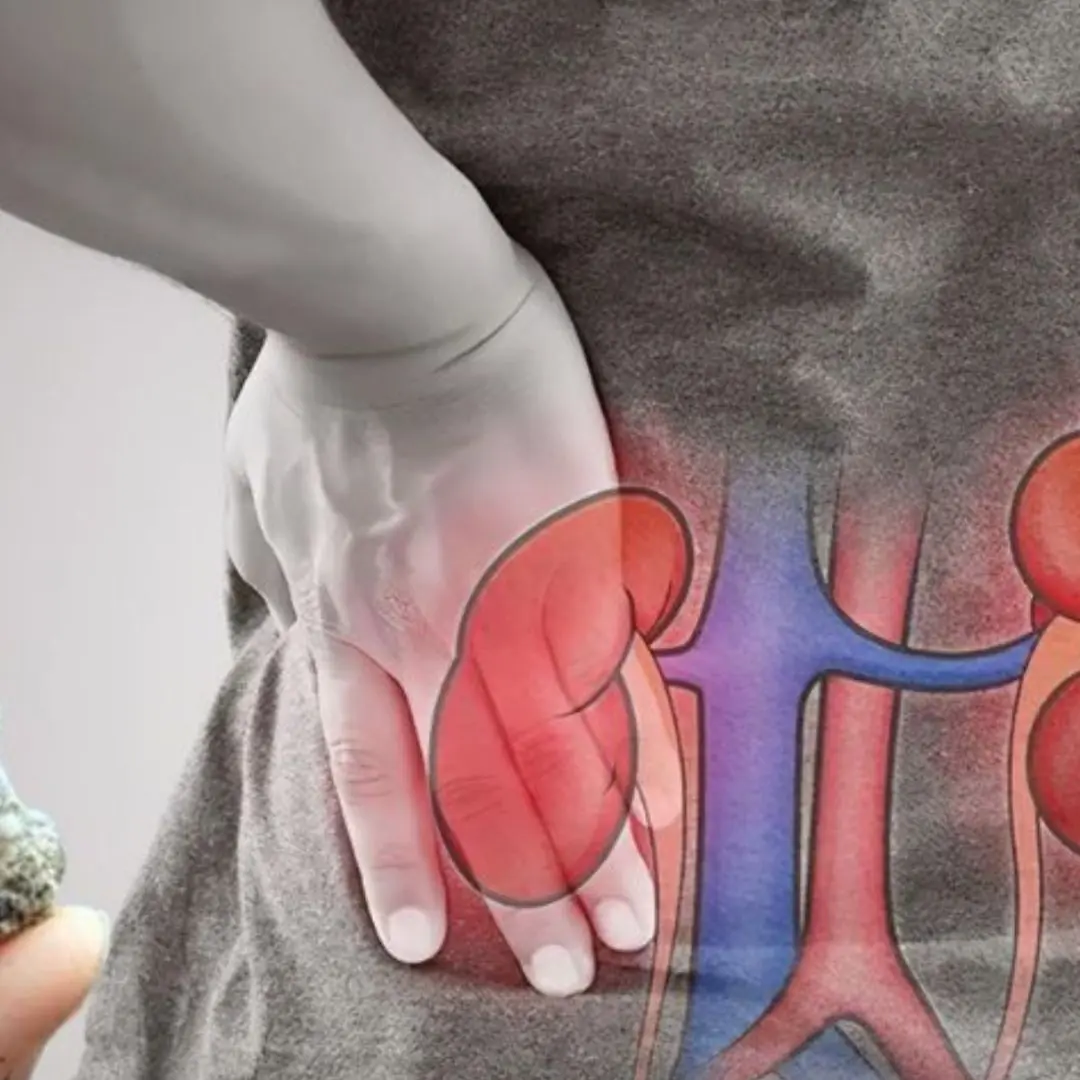
5 Silent Habits That Put Your Kidney Health at R.i.s.k

Experts Sound Alarm: 18-Year-Old Paralyzed From Late-Night Screen Use, Don’t Let It Happen to You

Bone Cancer: 5 Red-Flag Symptoms Doctors Warn About

Beef Hung High vs. Beef Laid on the Table – Food Experts Can Tell Which to Buy in Just 1 Second!
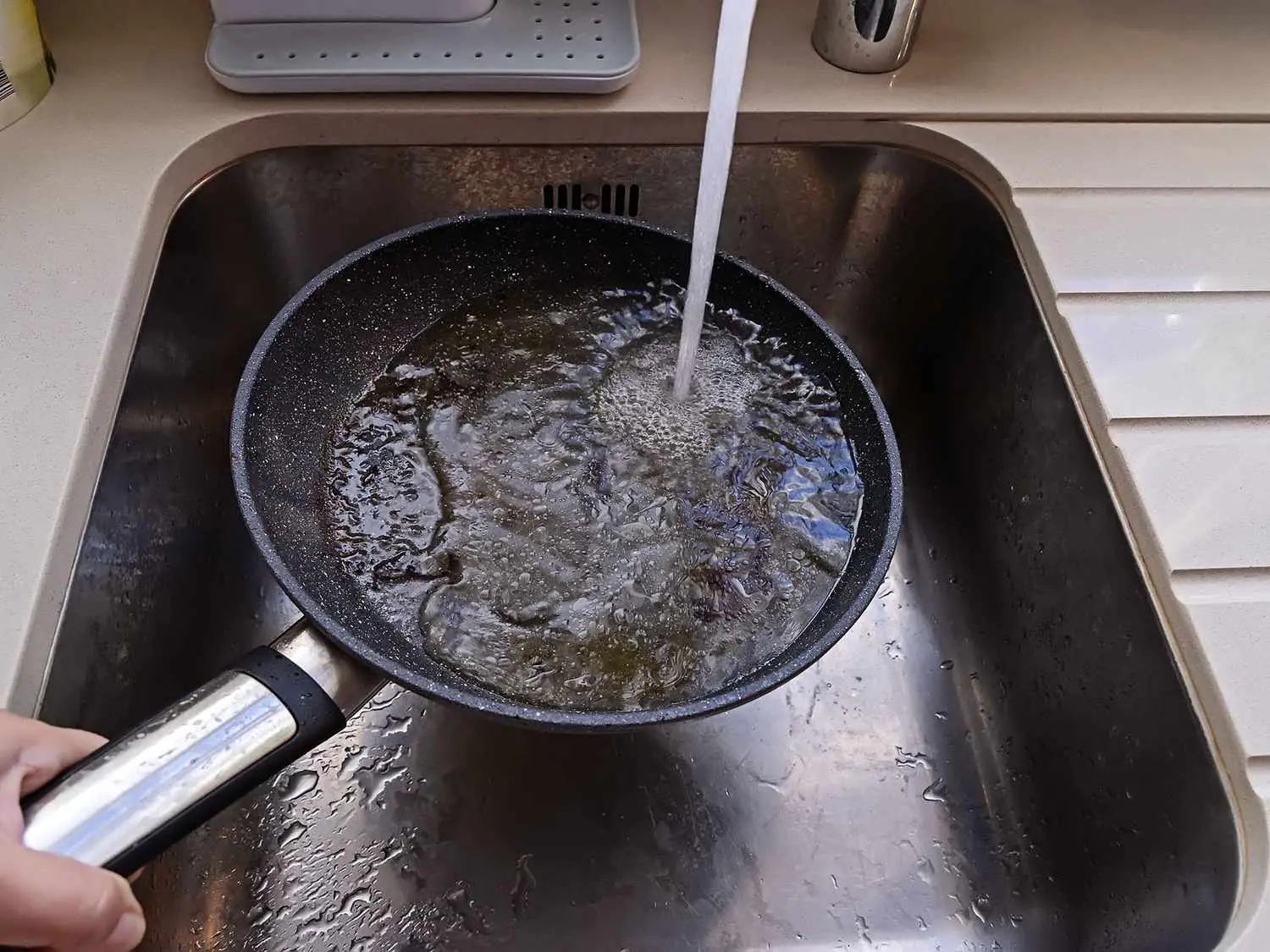
6 DON’Ts When Using Nonstick Pans to Avoid Health Risks

Smart and Natural Ways to Keep Birds Away from Rooftop Gardens

Ch.ronic constipation - A silent thr.eat to your digestive health
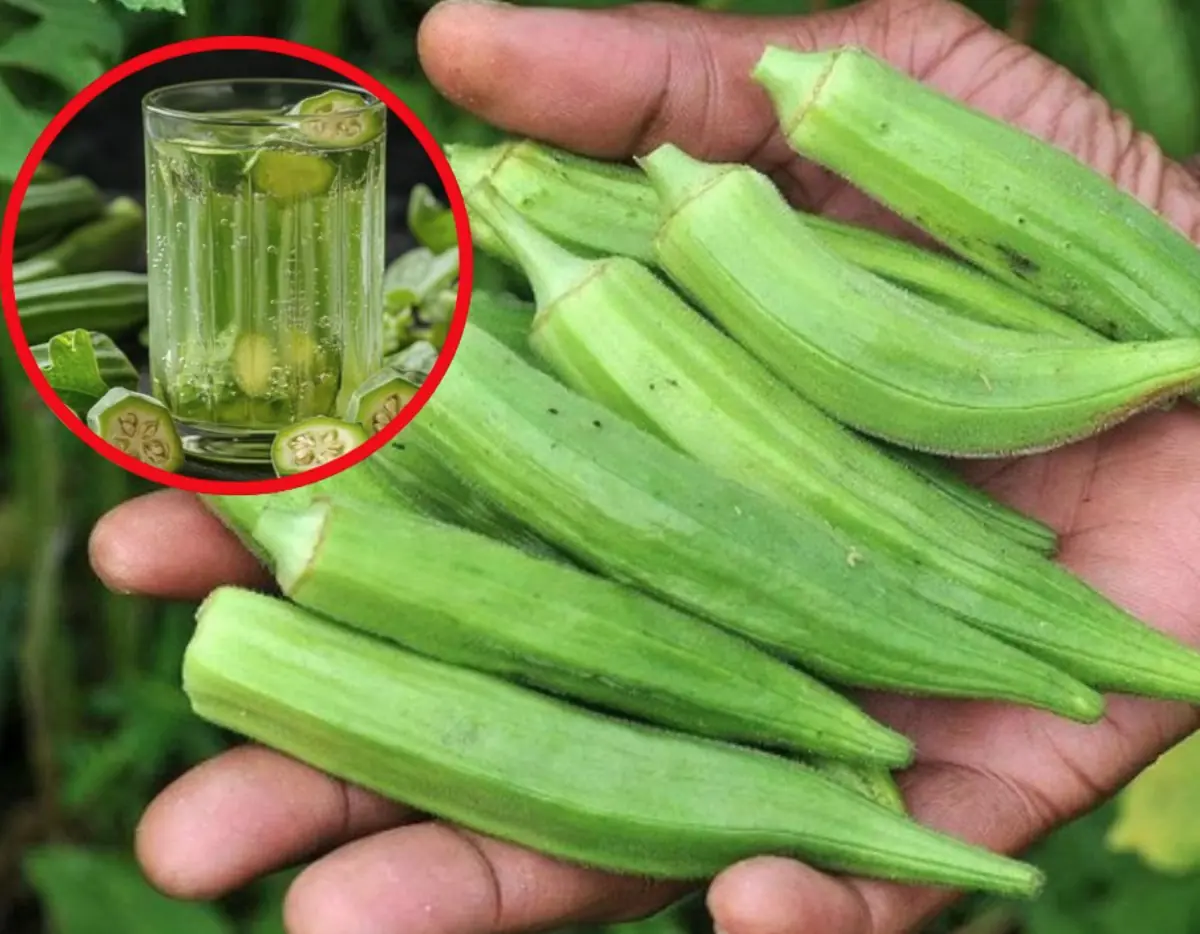
5 groups of people should not eat okra

This simple vegetable hides surprising benefits, making it a must for people with heart concerns
